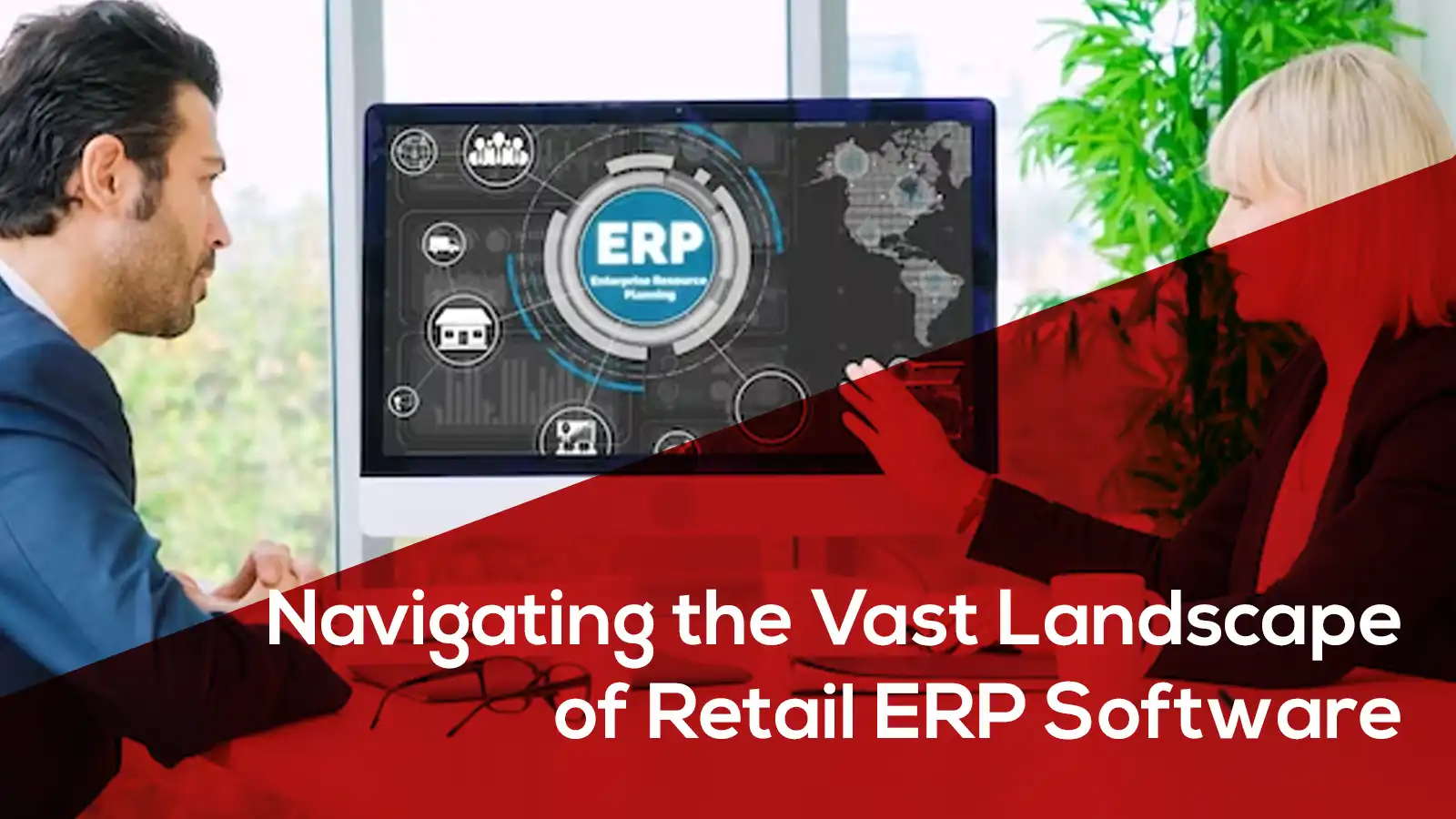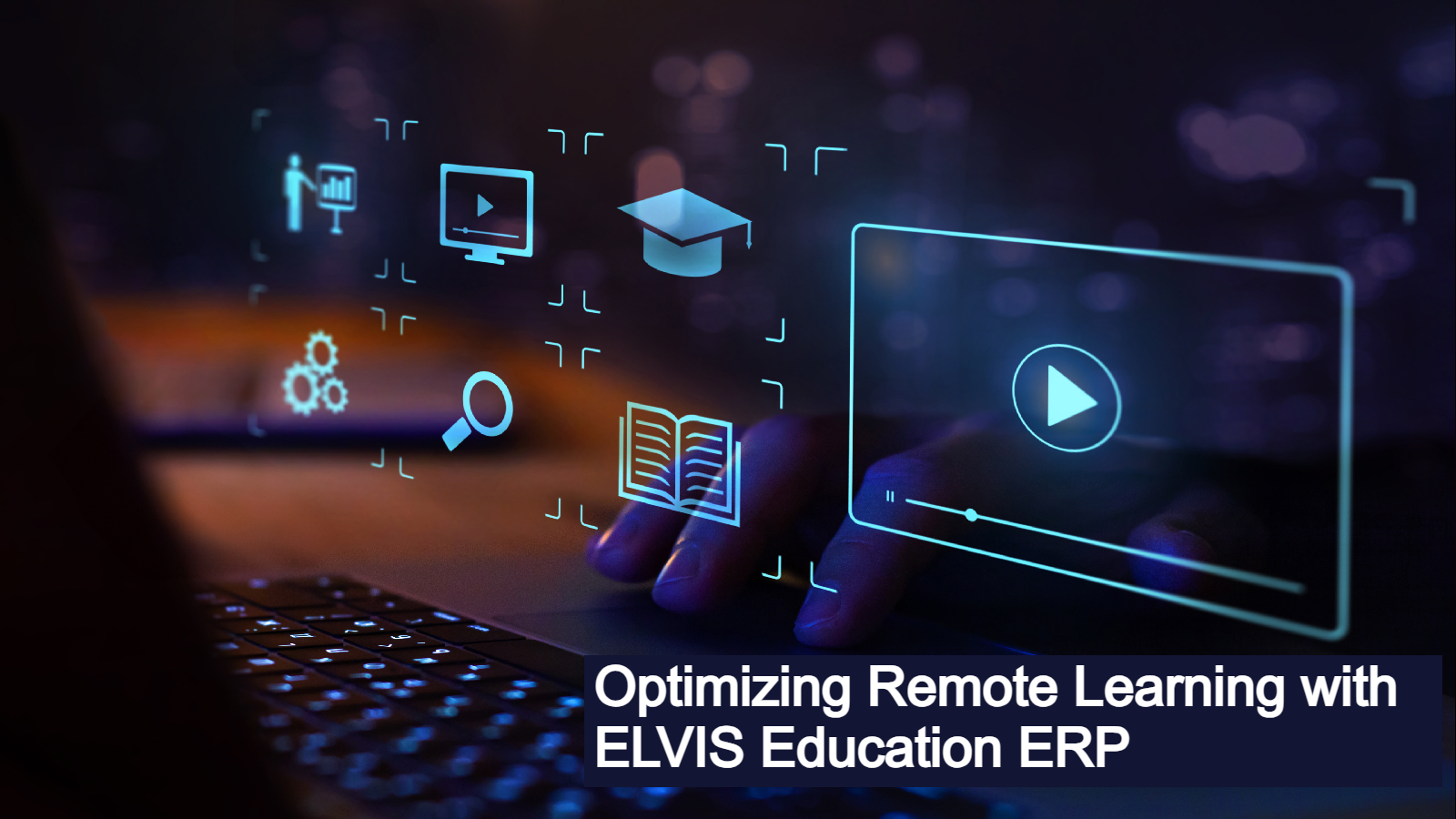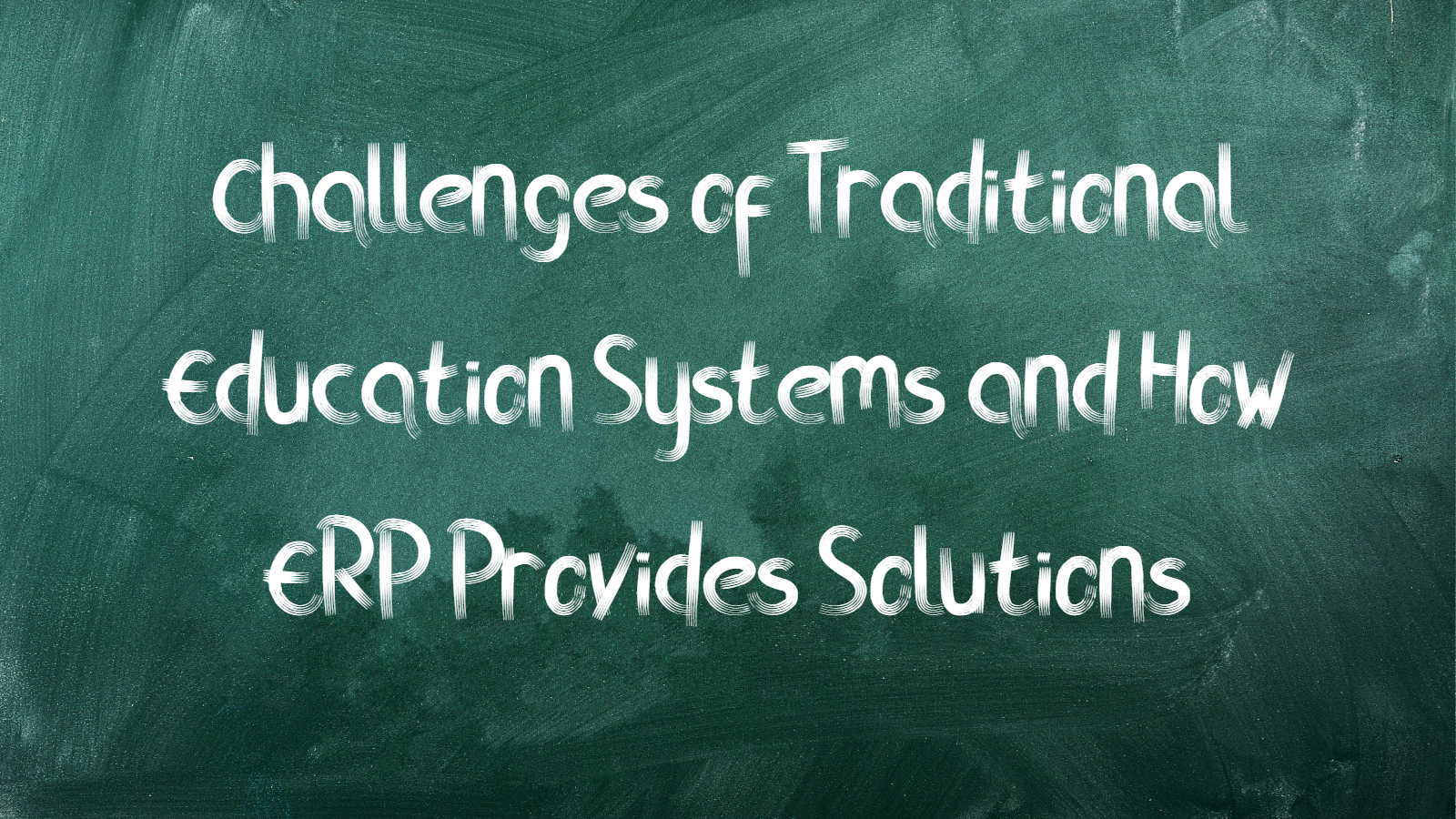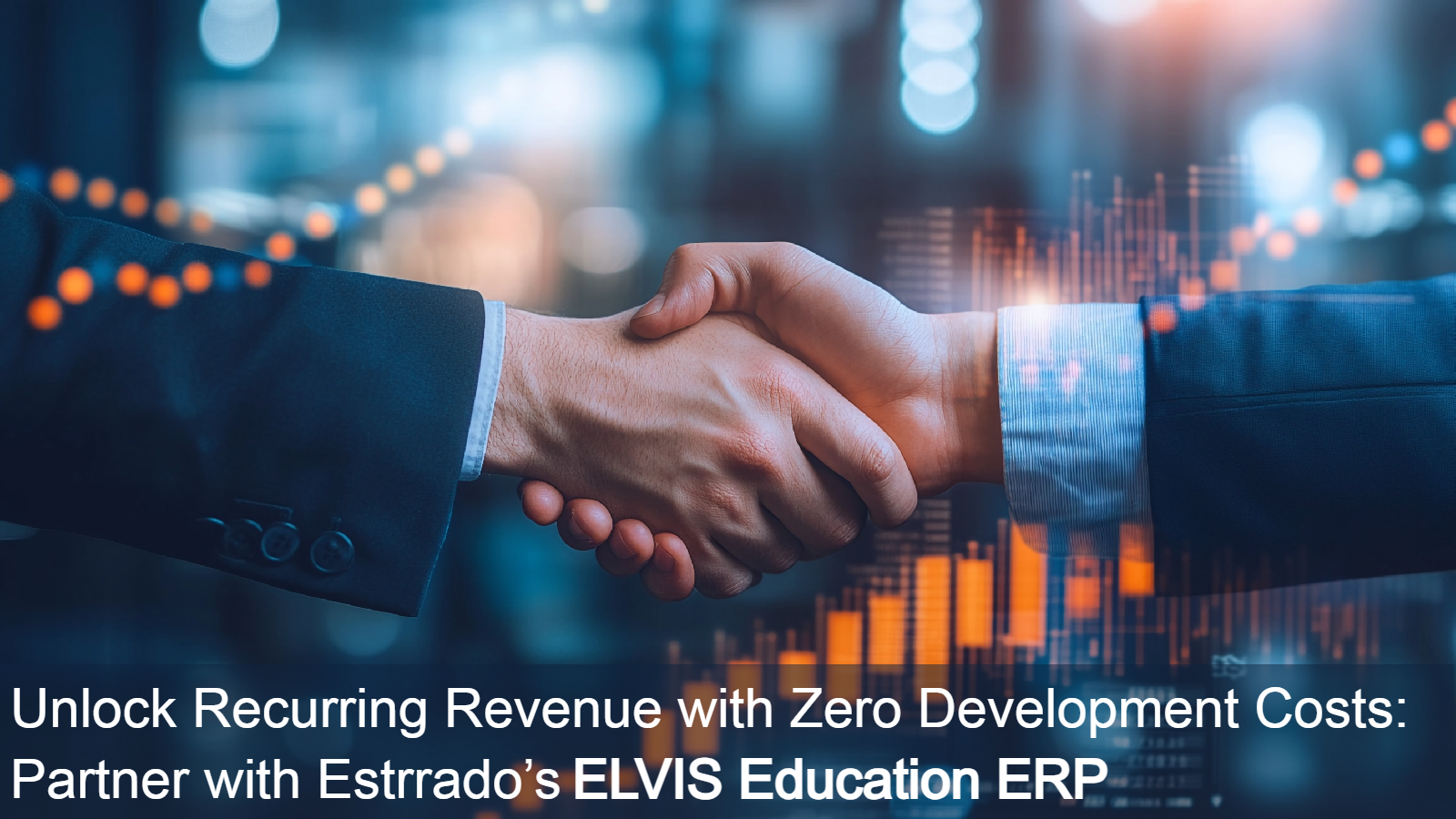Introduction
In retail, where agility and efficiency are paramount, businesses are constantly looking for innovative solutions to streamline operations. Enter Retail ERP (Enterprise Resource Planning) software, a robust tool designed to transform the way retailers manage their processes.
This blog post delves into the vast landscape of Retail ERP software, exploring its various benefits and impact on the retail sector.
Understanding Retail ERP Software
Before delving into the topic, let’s first understand what Retail ERP software entails. ERP systems integrate various business processes and functions across an organization into a unified platform. In the context of retail, ERP software goes beyond traditional inventory management and point-of-sale systems. It involves a broad spectrum of functionalities, including but not limited to:
Inventory Management
- Real-time tracking of stock levels.
- Automatic reorder points to prevent stockouts.
- Integration with suppliers for seamless replenishment.
Supply Chain Management
- Enhanced visibility and control over the entire supply chain.
- Efficient order processing and fulfillment.
- Collaboration with suppliers for optimized logistics.
Customer Relationship Management (CRM)
- Personalized customer interactions.
- Comprehensive customer data analysis for targeted marketing.
- Integration with loyalty programs to enhance customer retention.
Point of Sale (POS)
- Streamlined checkout processes.
- Integration with inventory for accurate product availability.
- Support for multiple payment methods.
Analytics and Reporting
- Real-time data analytics for informed decision-making.
- Customizable reports to track key performance indicators.
- Trend analysis for forecasting and strategic planning.
Scope of Retail ERP Software
Operational Efficiency
Retail ERP software significantly enhances operational efficiency by automating routine tasks. According to a recent study, businesses using ERP systems reported a 20% reduction in overall operational costs, allowing retailers to allocate resources more strategically.
Inventory Optimization
Efficient inventory management is at the core of retail success. Retail ERP software provides real-time visibility into stock levels, reducing the risk of overstock or stockouts. This leads to a 25% average reduction in excess inventory, contributing to increased profitability.
Customer Experience Enhancement
CRM modules within ERP software enable retailers to understand and cater to customer preferences better. By personalizing interactions, businesses witness an average of 30% improvement in customer satisfaction and a subsequent increase in customer loyalty.
Supply Chain Visibility
With the global nature of supply chains, having visibility is crucial. Retail ERP software offers end-to-end visibility, reducing lead times and enhancing collaboration with suppliers. Studies show that businesses experience a 35% improvement in supply chain efficiency after implementing ERP solutions.
Data-Driven Decision-Making
The analytics and reporting features of Retail ERP software empower retailers to make data-driven decisions. A study conducted across various industries revealed a 40% improvement in decision-making accuracy, leading to more informed strategies.
Adaptability to Industry Trends
The retail landscape is dynamic, with trends evolving rapidly. ERP software is designed to adapt to these changes seamlessly. Retailers utilizing ERP solutions report a 15% increase in their ability to adapt to industry trends and market demands.
Conclusion
The scope of Retail ERP software extends far beyond traditional management systems, offering a complete view of managing retail operations. From optimizing inventory and enhancing customer experiences to providing supply chain visibility, the impact of ERP software on the retail sector is profound. As businesses continue to navigate the challenges of a competitive market, embracing Retail ERP software emerges as a necessity for sustained growth and success.
Frequently Asked Questions (FAQs) about Retail ERP Software
What is Retail ERP Software, and how does it differ from traditional retail management systems?
Retail ERP (Enterprise Resource Planning) software is a comprehensive solution that integrates various business processes within a retail organization into a unified platform. Unlike traditional retail management systems that focus on specific functions like inventory or point of sale, Retail ERP provides a holistic approach, covering inventory management, supply chain, customer relationship management, and more.
How can Retail ERP software benefit my retail business?
Retail ERP software offers numerous benefits, including enhanced operational efficiency, optimized inventory management, improved customer experiences, better supply chain visibility, and data-driven decision-making. These advantages collectively contribute to increased profitability, adaptability to industry trends, and overall business growth.
What features does Retail ERP software typically include?
Retail ERP software encompasses a wide range of features, including but not limited to inventory management, supply chain management, customer relationship management (CRM), point of sale (POS), analytics, and reporting. These features work together to streamline operations, improve customer interactions, and provide valuable insights for decision-making.
Is Retail ERP software suitable for small businesses, or is it more tailored to larger enterprises?
Retail ERP software is designed to cater to businesses of all sizes. While larger enterprises may leverage its extensive functionalities, many ERP solutions offer scalability, allowing small and medium-sized businesses to implement and customize the software based on their specific needs and budgets.
How does Retail ERP software improve inventory management?
Retail ERP software provides real-time visibility into inventory levels, automates reorder processes, and integrates with suppliers for efficient replenishment. This leads to a reduction in excess inventory, minimizing the risk of stockouts and overstock situations.
Can Retail ERP software enhance customer experiences?
Yes, Retail ERP software includes Customer Relationship Management (CRM) modules that enable businesses to understand customer preferences, personalize interactions, and analyze data for targeted marketing. This results in improved customer satisfaction, loyalty, and overall enhanced experiences.
Is it challenging to implement Retail ERP software in an existing retail business?
The complexity of implementation can vary based on the specific ERP solution and the complexity of the business processes. However, many ERP providers offer implementation support and services to facilitate a smooth transition. Additionally, the long-term benefits often outweigh the initial challenges.
How does Retail ERP software contribute to data-driven decision-making?
Retail ERP software includes robust analytics and reporting features, providing businesses with real-time data insights. This enables informed decision-making by tracking key performance indicators, analyzing trends, and generating customizable reports for strategic planning.
Is Retail ERP software adaptable to changing industry trends?
Yes, Retail ERP software is designed to adapt to the dynamic nature of the retail industry. Its flexibility allows businesses to respond quickly to emerging trends, changing market demands, and evolving consumer behaviors.
What kind of ROI (Return on Investment) can I expect from implementing Retail ERP software?
The ROI from Retail ERP software varies based on factors such as the size of the business, the specific industry, and how effectively the software is implemented and utilized. However, studies indicate that businesses typically experience significant cost savings, operational efficiencies, and increased profitability after implementing Retail ERP solutions.








